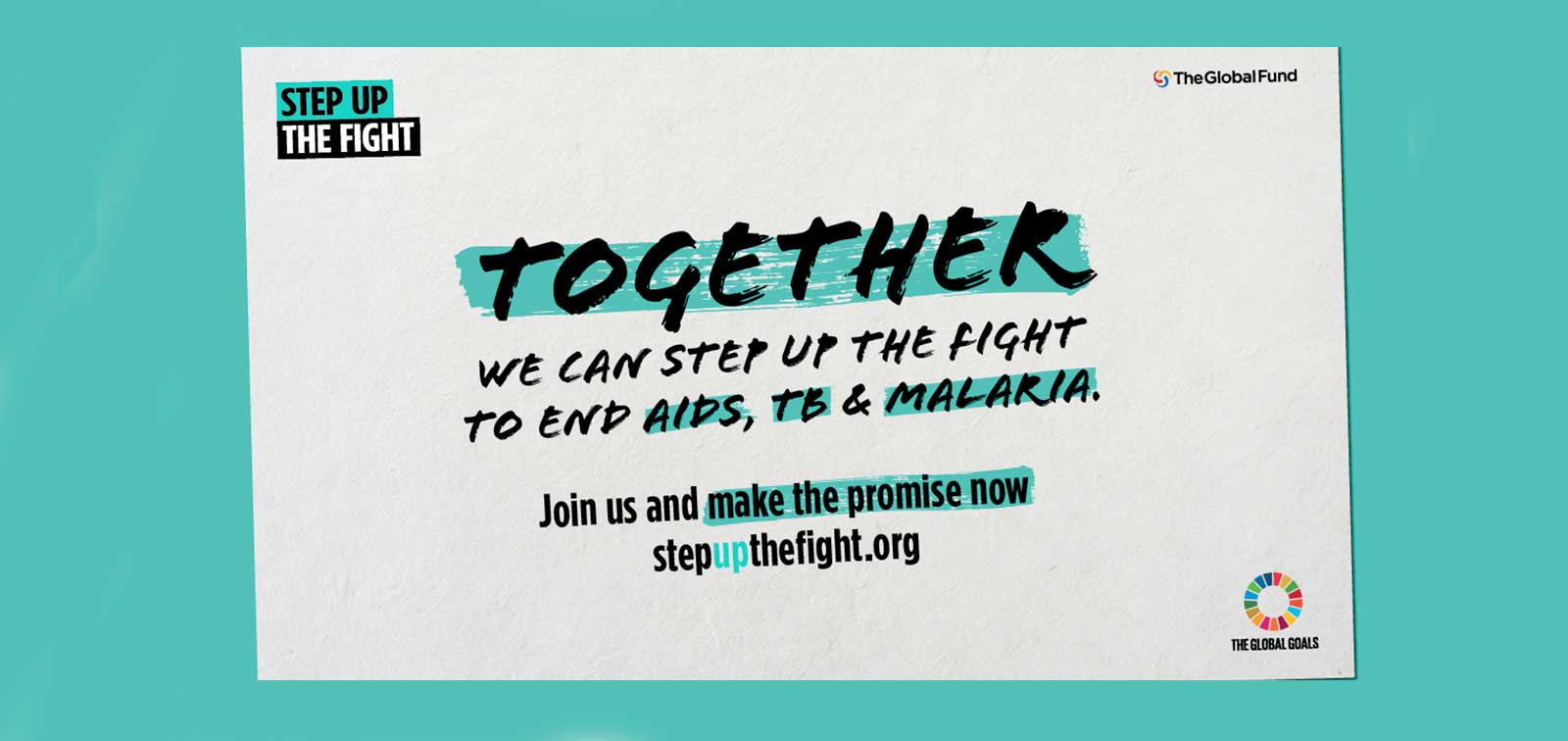Organisations Call upon the Spanish Government to Get Back into the Fight against AIDS, Tuberculosis and Malaria
Since 2016, there is parliamentary consensus that Spain should once again donate to the Global Fund for the Fight against AIDS, Tuberculosis and Malaria
19.09.2019
In the last decade, Spain got to be the fifth major donor of the Global Fund to Fight AIDS, Tuberculosis and Malaria, the international ‘piggy bank’ to combat these three pandemics and a leading player in global health. However, since 2011, Spain has not contributed financially to the Global Fund, and its presence in international health governance bodies has been scarce.
In this context, and under the motto “España, súmate a la lucha” (Spain, join the fight), the organisations Salud por Derecho, the Barcelona Institute for Global Health, Doctors without Borders and Oxfam Intermón have launched a campaign to ask the Government to resume its historical commitment to the fight against the three most lethal pandemics, and its support to the Global Fund.
“Joining back the Global Fund is a moral responsibility and an international engagement, and the current political situation cannot be an excuse,” says Vanessa Lopez, director of Salud por Derecho. “Global Fund investments have always had parliamentary consensus. In fact, since November 2016, the groups in Parliament unanimously approved a proposal asking Spain to donate once again, with a contribution of 100 million euros for three years.”
The time is now
Despite the unprecedented progress achieved over the last decades in the fight against AIDS, tuberculosis and malaria, the stagnation in funding and the lack of policies aimed at the most vulnerable populations have led to an upturn in cases in many countries, threatening the United Nation’s engagement to end these pandemics by 2030, as reflected in the Sustainable Development Goals.
To step up the fight, the Global Fund hopes to raise at least 14,000 million euros during its next Replenishment Conference that will take place in Lyon on October 10 under the auspices of Emmanuel Macron, where countries are expected to announce their pledges. The Fund has estimated that the above sum could help save 16 million lives, avoid 234 million infections, cut by half the mortality rate of these diseases, build stronger health systems in the most affected countries, and accelerate once and for all the end to these pandemics.
The organisations behind the call point out that many countries are announcing in advance an increase in their donations to the Fund for the next three years. In the last weeks, neighbouring countries such as Germany, United Kingdom and Italy have pledged 1,000, 1,600 and 160 million euros, respectively.
A multitude of reasons
“HIV, tuberculosis and malaria are among the main causes of morbidity and mortality in countries in a situation of humanitarian crisis with precarious health systems, such as the Central African Republic or South Sudan, causing unnecessary suffering. The Global Fund is essential to enable millions of patients to access part of the health services free of charge, since the payment of these services is often the main barrier to accessing them. The contribution of the Government of Spain would reinforce the commitment that our country has shown so many times with the most vulnerable populations, through the improvement of the health of its communities,” says Estrella Lasry, a reference for Tropical Diseases of Doctors Without Borders.
According to the organisations, fighting the pandemics also means fighting inequities, defending public health systems and promoting gender equity and respect for sexual identity, values Spain should identify with and could promote through governance bodies such as the Global Fund.
“The Replenishment Conference in Lyon represents for Spain a new opportunity to recover a role consistent with its responsibility and its size. Spain has always been at the forefront of the fight against poverty-related diseases, such as malaria, both through research and impact in the field,” adds Rafael Vilasanjuan, Director of Policy and Global Development at ISGlobal.
“A significant contribution of Spain to the next replenishment of the Global Fund would help save thousands of lives in an area where the contribution of Spanish scientists and centers has been outstanding,” recalls Jose María Vera, general director of Oxfam Intermón.
This is why Salud por Derecho, ISGlobal, Doctors without Borders and Oxfam Intermón call for Pedro Sanchez’s presence at Lyon and the announcement of a 100 million euro contribution for the next three years, which would position Spain once again at the front lines of the fight against the AIDS, tuberculosis and malaria pandemics.



